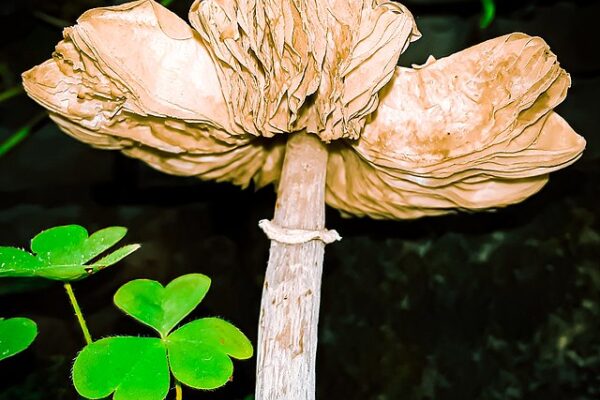
In the 1967 hit movie ‘The Graduate,’ the main character, a young man gets cornered at his graduation party by a well-intentioned friend of his parents who delivers some advice as the young degree-holder thinks about the future. The older fellow says: “I want to say one word to you, just one word: plastics. There’s a great future in plastics.”
Since the 1960s, over nearly 8.5 billion tons plastic have been produced with almost 40 percent of it being used for one-time-use packaging. In the United States, landfills take in about 27 million tons of plastics alone.
Plastics have become such a vital aspect of our modern way of life that it has shown up in our bloodstream, and everyone has seen a picture of the great plastic heap in the ocean.
But now it looks like researchers have discovered a special little fungus that might turn plastic into organic matter, solving the growing problem of plastic pollution.
It all started with a plastic-eating mushroom.
The University of Colorado writes that in 2011, researchers at Yale University tested the ability of several dozen fungi to digest the synthetic polymer polyester polyurethane (PUR), a type of plastic. They found that several members of the Pestalotiopsis genus of fungi were capable of degrading PUR and converting it into organic matter in both solid and liquid suspensions. Two members of this genus were able to survive solely off PUR in anaerobic, or oxygen-free, and aerobic, or oxygenated, environments.
Modern landfills are dry and oxygen poor. This makes it impossible for anything to decompose properly, including organic material. However, Pestalotiopsis fungi are capable of plastic decomposition in anaerobic conditions, making them an ideal candidate for use in landfills. The ability of Pestalotiopsis to survive and decompose PUR in liquid and soil suspensions also indicates that they will be able to be used for removing plastic from the ocean, especially from the Great Pacific Garbage Patch.
The discovery of Pestalotiopsis’ ability to decompose plastic led to further research into plastic decomposition by fungi. Researchers have now found that many species are capable of plastic bioremediation including the common, edible Oyster mushroom. The Oyster mushroom is capable of decomposing plastic while still creating an edible mushroom. This opens up doors for its use as an at-home recycling system. Austrian researcher Katharina Unger created a prototype of an at-home Oyster mushroom recycling system called the “Fungi Mutarium.” In the “Fungi Mutarium” pieces of plastic would be placed in capsules containing the Oyster mushroom. The fungi would then grow on the capsule where it could be harvested for consumption.
Now This News reported that there also have “been studies focused on using fungi to break down the most common type of plastic, called polyethylene, which is used to make things like milk cartons, detergent bottles, and toys.
Dr. Sonia Travaglini, a fungi materials expert, researches and tests how mushrooms can generate strong, versatile fibers simply by eating waste. ‘Some mushrooms will degrade things in minutes; some will take months,’ she told Now This. ‘Typically, it’s months for them to munch through the plastic.’
‘You really wanna make sure that you have the right type of mushroom eating, the right type of waste you want to get rid of,’ explained Travaglini.”
They ask: “So can plastic-eating mushrooms save the planet?
Not right now, but maybe someday. In theory, this could be a great solution, but there’s still a lot more research and logistical planning needed before it could be truly effective on a global scale.”
Maybe we should all be getting ready to embrace our fungi future?


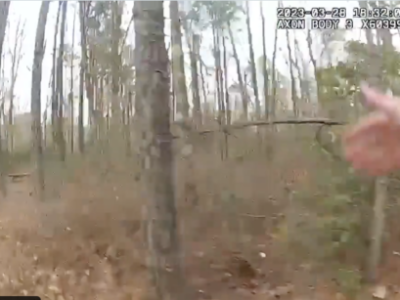

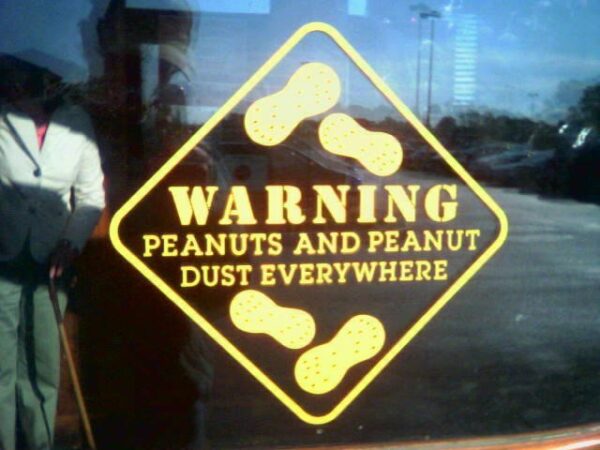

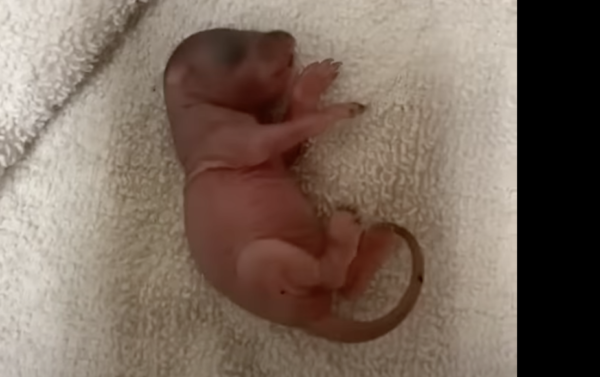
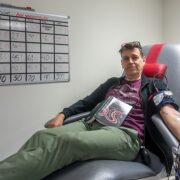


Mass produce microbe & spray into landfills worldwide